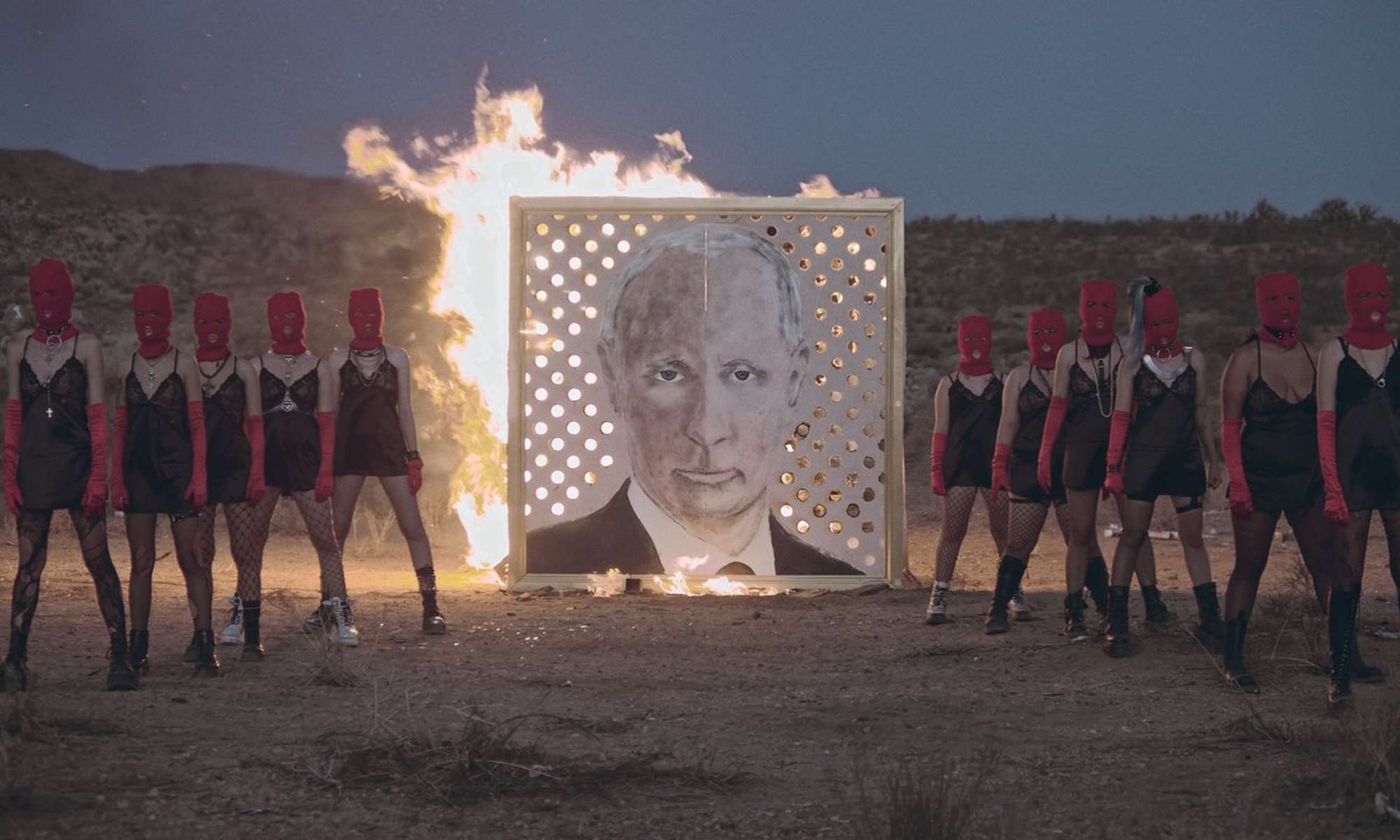The Project for the New American Century (PNAC) was a think tank based in Washington, D.C., that advocated for a strong, assertive U.S. foreign policy. Founded in 1997 by prominent neoconservatives William Kristol and Robert Kagan, PNAC played an influential role in shaping American foreign policy in the late 1990s and early 2000s. It is particularly notable for its association with the foreign policy approach taken by the George W. Bush administration, especially after the 9/11 attacks.
Core Principles of PNAC
PNAC’s main mission was to promote American global leadership and preeminence. The organization argued that U.S. security and economic interests were best served by maintaining and expanding its military power to prevent the rise of rival powers and influence global stability on American terms. Here are some of the think tank’s guiding principles:
- Military Strength: PNAC emphasized that the U.S. should maintain unrivaled military dominance to secure its position as the world’s leading power. This included advocating for increased defense spending, modernization of the military, and readiness for preemptive action.
- Global Leadership: PNAC believed the U.S. had a moral duty to lead the world, promoting democracy and free-market principles globally. They argued that American leadership was essential to maintain global order and resist the rise of authoritarian regimes.
- Preemptive Action: The organization promoted the idea that the U.S. should be willing to act unilaterally and preemptively, if necessary, to counter perceived threats, especially those related to terrorism and weapons of mass destruction (WMDs).
- Regime Change: One of PNAC’s most controversial goals was its support for regime change in countries it deemed as threats to U.S. security, with Iraq as the primary example. PNAC argued that removing Saddam Hussein was essential for stability in the Middle East and would catalyze the spread of democracy in the region.
The Influence of PNAC on the Bush Administration
Many PNAC members took key roles in the Bush administration, including Vice President Dick Cheney, Defense Secretary Donald Rumsfeld, and Deputy Defense Secretary Paul Wolfowitz. Their influence was most evident in the 2003 U.S. invasion of Iraq. PNAC had long argued that Saddam Hussein’s regime posed a threat to U.S. interests and advocated for military intervention to depose him, which became a reality following the 9/11 attacks, as the administration cited Iraq’s potential to develop WMDs as a justification for invasion.
PNAC’s 2000 Report: “Rebuilding America’s Defenses”
In 2000, PNAC published a report titled Rebuilding America’s Defenses: Strategy, Forces, and Resources for a New Century. This document outlined their vision for an assertive U.S. foreign policy and the need to expand military capabilities. Notably, it contained a line that critics frequently cite, stating that the desired transformation would take a long time to achieve, “absent some catastrophic and catalyzing event—like a new Pearl Harbor.” After 9/11, critics claimed this statement suggested PNAC’s goals were fast-tracked by the attacks, which prompted the controversial “War on Terror” strategy.
Criticisms and Legacy
PNAC dissolved in 2006, but its legacy remains debated. The organization has been widely criticized for its advocacy of interventionist policies that many argue led to long-term instability in the Middle East. Critics contend that PNAC’s focus on military power over diplomacy overlooked the complexities of regional politics, contributing to the prolonged conflicts in Iraq and Afghanistan and shaping public skepticism of interventionist policies.
Today, PNAC is seen as a pivotal force in the early 21st century’s neoconservative foreign policy approach, representing a vision of U.S. primacy that continues to influence debates on the country’s global role.

WE are more than cheeseburgers
there is a plan to save america